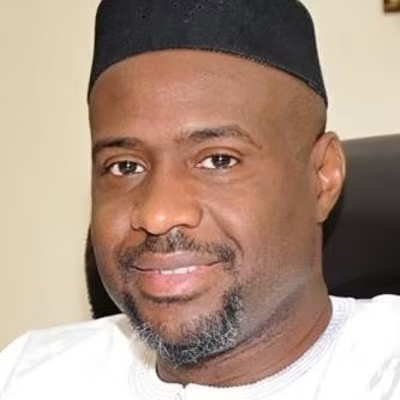In a deepening crackdown on dissent in Mali, the country’s former Prime Minister Moussa Mara has been officially charged by the military government for allegedly undermining state credibility, opposing legitimate authority, and inciting public disorder all stemming from a post on social media platform X (formerly Twitter). The charges reflect growing authoritarianism in the West African nation, which has been under military rule since two successive coups in 2020 and 2021.
Moussa Mara, who served as Mali’s prime minister for nine months in 2014 under former President Ibrahim Boubacar Keïta, has recently emerged as a strong critic of the junta led by Colonel Assimi Goïta. Following a visit in July to political prisoners and detained opposition figures, Mara posted on X expressing his “unwavering solidarity with prisoners of conscience” and vowed that “the flame of hope” must never die. He added a message of defiance: “As long as the night lasts, the sun will inevitably rise! And we will fight by all means to make that happen, and as soon as possible!”
Authorities, however, interpreted his post as incitement. On Thursday, August 1, 2025, Mara was detained and questioned for the second time by the Malian national cybercrime unit over the message. According to Radio France Internationale, the prosecutor claimed that referring to detainees as “prisoners of conscience” and vowing to “fight” for them could destabilize public order and erode the legitimacy of the current regime.
Mara was formally charged the following day and is scheduled to stand trial on September 29, 2025.
The charges come just months after the military government dissolved all political parties and associations in May, following rare public protests against the junta. The dissolution marked a further retreat from democratic governance and multi-party rule in Mali, once considered a beacon of democracy in West Africa.
Under Colonel Goïta’s leadership, Mali has seen a suspension of democratic norms. Although he promised to hold elections after declaring himself transitional president in 2021, he has since reneged. Just last month, the transitional parliament dominated by military loyalists approved a five-year term for Goïta without elections, with the possibility of renewal, sparking widespread concern among civil society groups, regional observers, and international stakeholders.
Mara’s arrest has drawn condemnation from human rights activists and pro-democracy advocates who fear that the military authorities are systematically silencing dissent. The trial in September will be a key test of freedom of expression, political plurality, and judicial independence in Mali, as the country grapples with insecurity, economic strain, and growing isolation from regional and global partners.
With international attention on Mali’s transitional process and democratic backsliding, Mara’s prosecution may have far-reaching implications for civil liberties and political opposition in the Sahel region.













Leave a comment